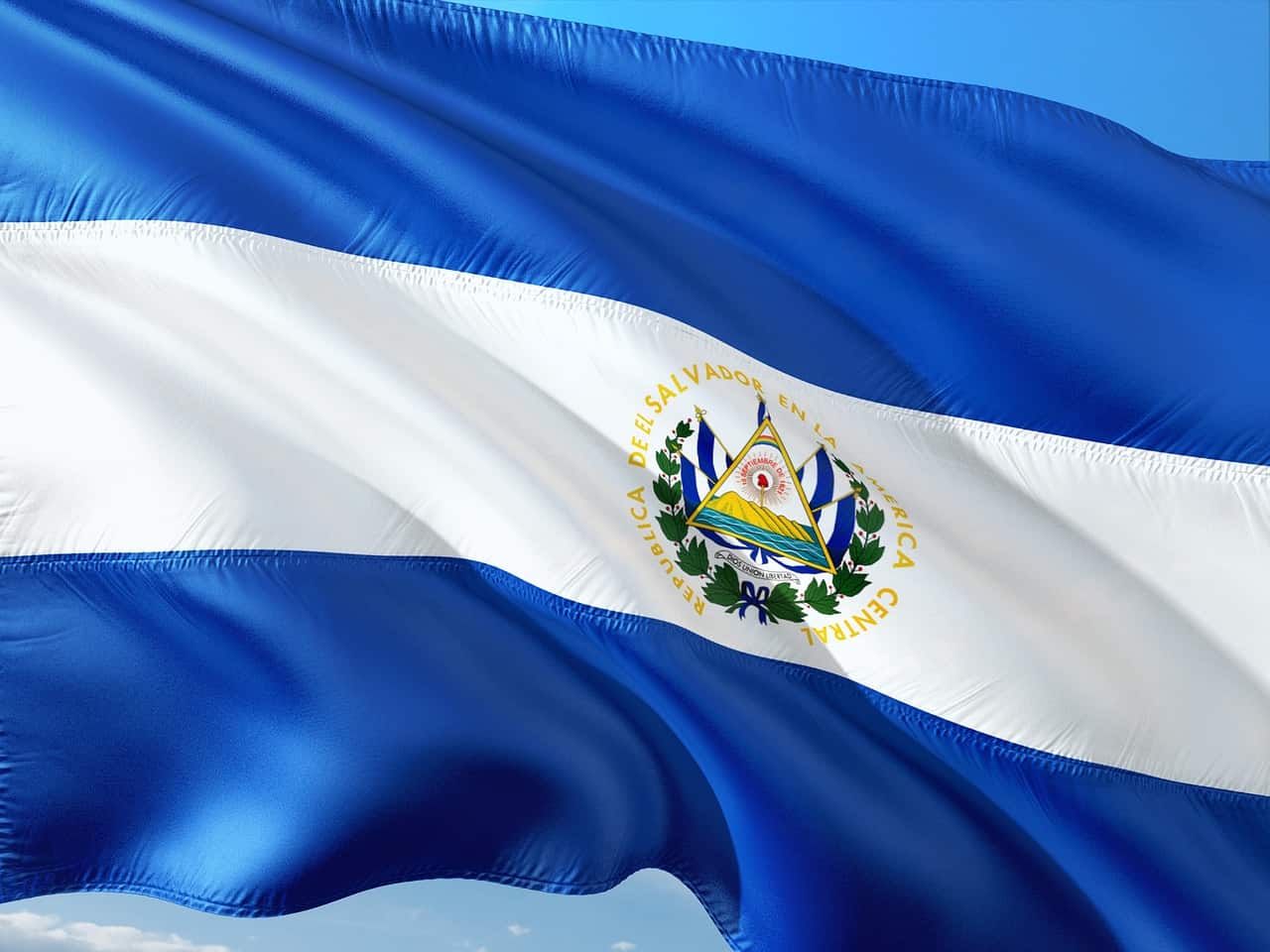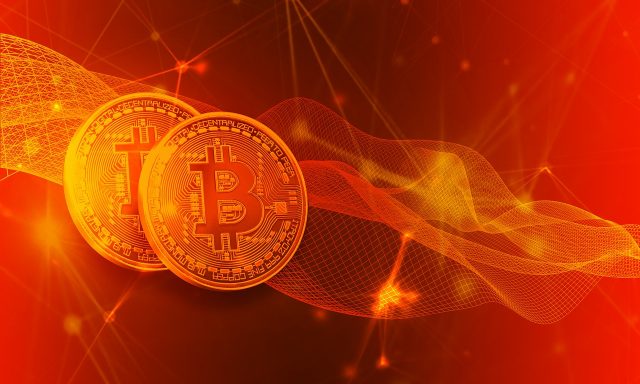June 2021 was an interesting time. Touted as Switzerland of Latin America, El Salvador became the world’s first country to recognize bitcoin as a legal tender. We use fiat currency recognized by our respective governments to make payments. In El Salvador, bitcoin would be used to make payments for goods and services from September 2021.
It is a big leap for a small country that derives most of its income from remittances. The decision got approved by the parliament by a landslide supermajority. The motion got 62 votes out of 84. However, it is not something that has occurred for the first time. It had happened earlier as well. Read on to get more info about the same.
This has not happened for the first time
In 2001, Francis Flores accepted the US dollar as a legal currency of the country. US dollar can be used as a currency there besides domestic currency Colon. However, the US dollar circulated at a fixed exchange rate to avoid any fluctuations.
El Salvador took this step to reap the benefits of macroeconomic stability. As a drawback, recognizing the US dollar as legal currency came with drawbacks. The country has compromised its economic sovereignty, economic independence, and interference.
It has also undermined Seigniorage. It is a ratio maintained between the cost of production of currency coins and other legal tenders against their intrinsic value. Since 2001, El Salvador’s purchasing power has dropped significantly and increased its dependence on remittances. Every year remittances are capped at 20% of the total GDP of the country.
World Bank’s Stance on the Recognition
World Bank refused to hour the request of El Salvador to transition and optimize bitcoin as a legal tender in the country by providing technical assistance. The country wants help in making cryptocurrency a mode of payment in the country.
In the backdrop of huge energy consumption in bitcoin mining and its degrading environmental impact, the world bank turned down the request of El Salvador’s Finance Minister Alejandro Zelaya.
However, Mr. Zelaya claimed that the International Monetary Fund will likely extend a helping hand as the organization is not anti-bitcoin.
But, IMF’s declaration blew all the candles before the celebration even started. They held that the proposition has some loopholes on the macroeconomic, legal, and financial levels.
What is the effect of El Salvador’s Recognition?
President Bukele claimed that country had taken a historic step, and it would facilitate fast and secure money transfers from abroad. It would likely reduce transaction costs. People doing such transfers often face problems like high fees. The trend is still on despite several attempts made by the G20 and United Nations for lowering the fee.
According to World Bank, an individual pays approximately 6.5% of the total fund to be transferred. If you want to spend $200 internationally, you will pay $13 as a transfer fee.
After the legislation is enacted, bitcoin would become the official currency of El Salvador within 90 days of approval by congress. Every business would be obliged to accept payment in bitcoin unless it doesn’t have the technical know-how to process it. However, day-to-day payments made by the general public would not be affected by the step.
The country relies on remittances as over 2 million citizens reside in other countries. But, these non-resident citizens send around $ 4 billion every year.
Bitcoin is the Future in El Salvador
President Bukele took this step by keeping a valuable business prospect in hindsight. The country is rich in geothermal resources. The rate of electricity is low. Mining bitcoins require huge amounts of energy. Therefore, the president sees El Salvador become a pioneer in bitcoin mining and blockchain technology.
Globally, bitcoin’s market is tapped at $600 million. By taking this step, Salvador has opened its arms to tourists, miners, investors, and software developers. This influx can benefit the economy in myriad ways.
How would the step be implemented?
Blockstream has proposed to extend the technical supports to El Salvador. This would be realized by sharing the Blockstream Satellite program resources that will ensure no internet outage and seamless connection with the bitcoin network to avoid any hurdle in the mining process. It will also be starting mining farms in the country.
The work has started. Samson Mow, CSO of Blockstream, said that two satellite kits had been imported as an early-stage development. Bilateral talks are ongoing to exploit geothermal energy to support volcano mining.
Whether the step takes by El Salvador is right or wrong is not for us to judge. It is another wake-up call for international organizations to understand that this deviation from the traditional system may be a reaction against the exploitative nature of the contemporary intermediary baking system.










